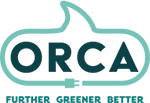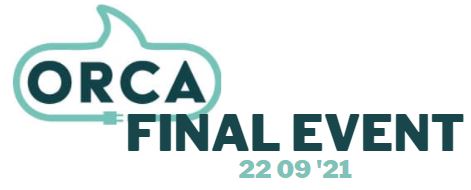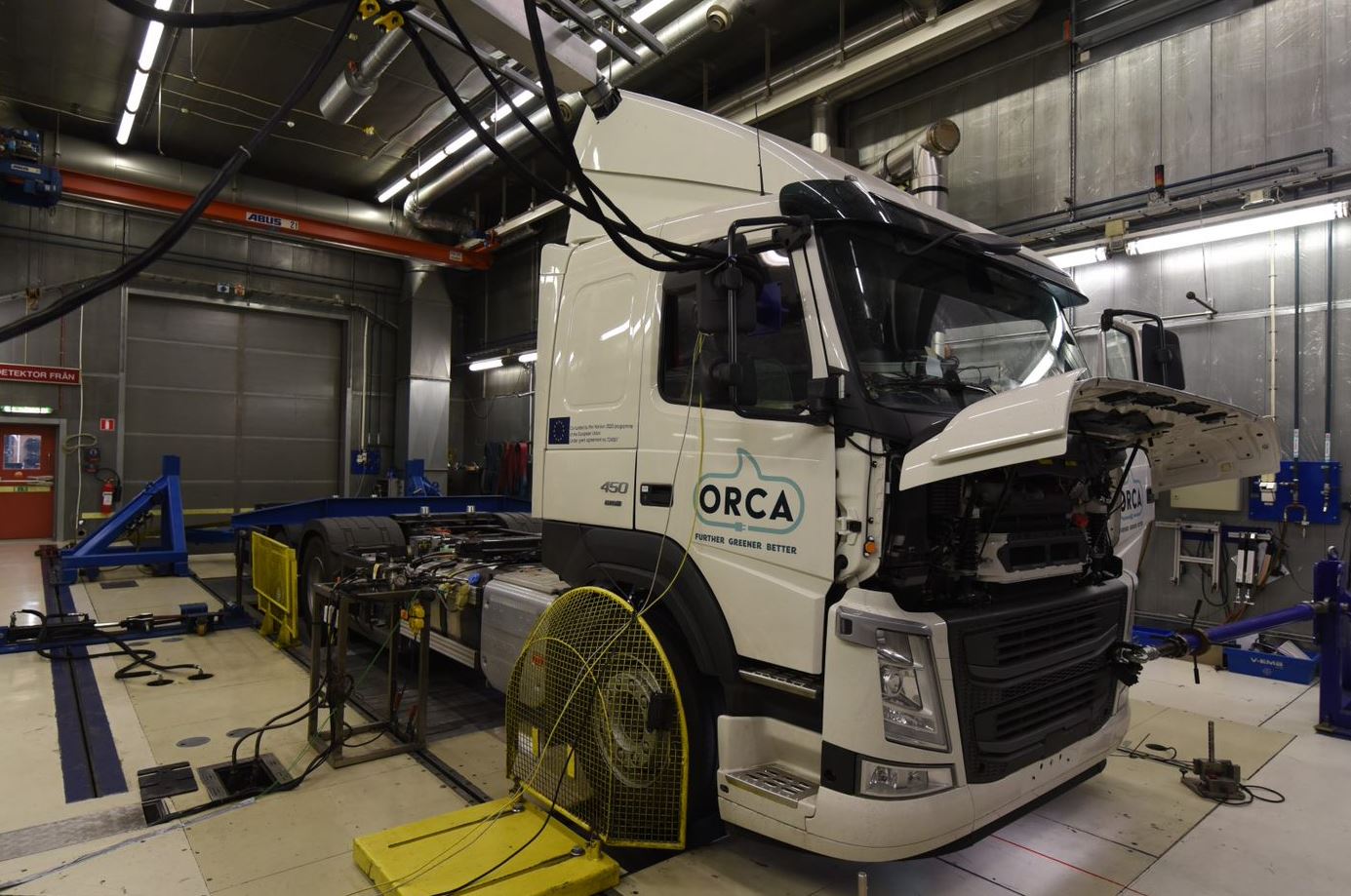The ORCA project aims at improving the hybrid architecture of heavy duty vehicles in the following aspects: reduce the Total Cost of Ownership (TCO) to the same level of a conventional non-hybrid heavy duty vehicle; Improve the powertrain efficiency up to 5% compared to current hybrid generation; reduce the fuel consumption by 40% compared to conventional non-hybrid vehicles; and Increase the electric range from 10 to 30km. This latter objective will allow the vehicles drive in Zero Emissions Zones.
In order to achieve these results an iterative optimization methodology to size the vehicles’ components and to optimize the energy management strategy simultaneously has been proposed by the ORCA consortium. Furthermore, the modelling methodology that best suits the project objective is the “forward” or “cause-effect” methodology using static or “low-fidelity” models to reduce simulation times. However, in certain cases, “backwards” or “effect-cause” methodology can be useful for faster preliminary evaluations of multiple configurations. Relying on the results obtained, an optimal Energy Management Strategy of the vehicle will be developed.
More information on ORCA progress regarding TCO has been presented at the TRA on 17 April, in the session on “New Concepts of Advanced Propulsion Systems: Design & Demonstrators” from 15:15 to 16:45 by Prof. dr. Noshin Omar from Vrije Universiteit Brussel (VUB).






